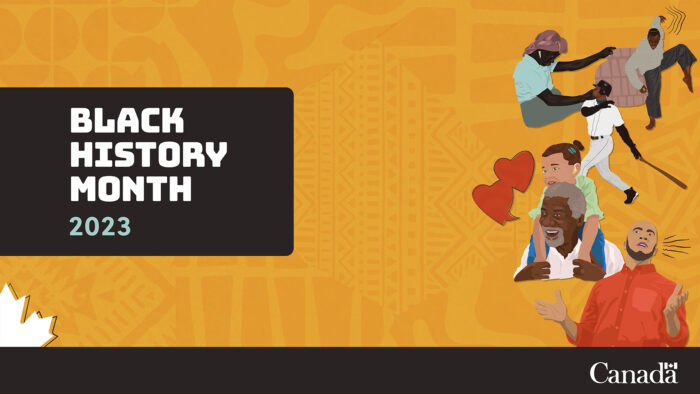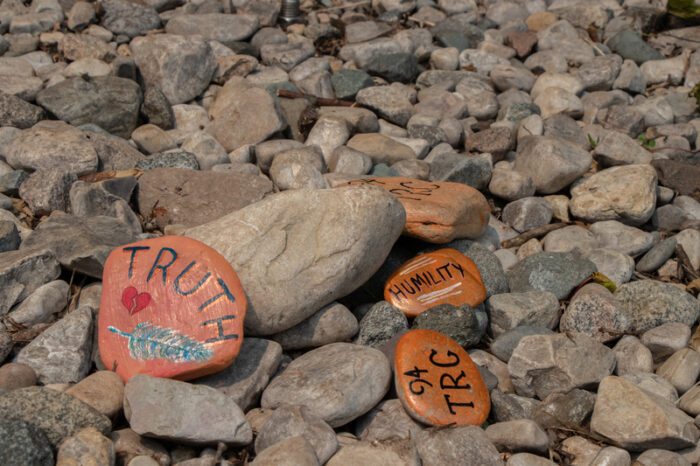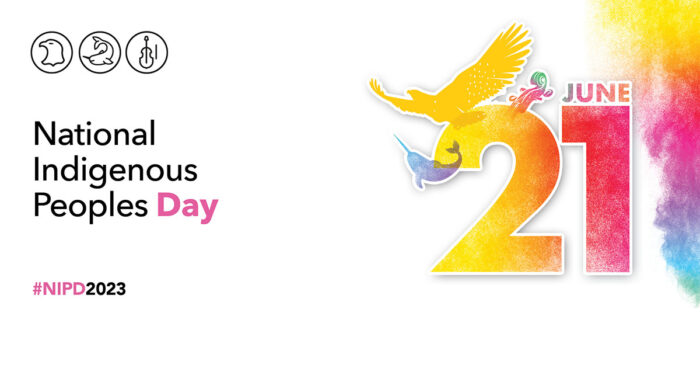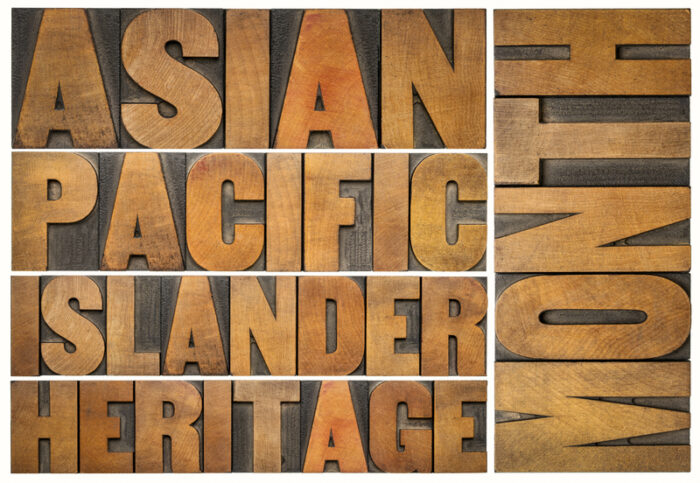February is Black History Month in Canada and the United States. This is a time to honour the legacy, achievements, culture, and contributions of Black people. All month long, there are celebrations, activities, and actions. But to bring added emphasis to the month, a theme is chosen each year.
In Canada, the theme is Ours To Tell. This is a call to share "the many stories of success, sacrifice, and triumph" of Black Canadians through history. By reading these stories, Black history is told to us by the voices of those whose experienced it.
In the United States, the theme is Black Resistance. This theme highlights how "African Americans have resisted historic and ongoing oppression, in all forms." And it comes at a time when many are once again protesting the treatment of Black people by police and other law enforcement.
Throughout this month on OWLconnected, we will be celebrating Black stories and resistance. Let's begin by spotlighting an activist whose work has positively shaped where we are today.
Who was Coretta Scott King?
Coretta Scott King with Dr. King. She was a strong voice alongside her husband's work. (Getty Embed)
You may know of Dr. Martin Luther King Jr. The Black activist and pastor was a significant voice in the Civil Rights movement in the United States in the 1960s. His call for peaceful protest inspired millions, changed laws, and has led to his birthday becoming a national holiday in the US.
But MLK (as he is often known) did not do it alone. Throughout it all, his wife, Coretta Scott King, was by his side. And after his death, Coretta became a leader in continuing his quest for a society where people were "judged not by the colour of their skin, but by the content of their character."
Coretta with her four children. She had a master's degree in music and made it a part of her activism. (Getty Embed)
Her work in social justice extended back into the 1950s, when she visited countries like Ghana, Mexico, and India with Dr. King. In these places, she learned more about inequality around the world. All through the 1960s, she sat in on meetings with her husband, offering strategies and insights.
She was also an author and musician. In the 1950s and 60s, she performed at and organized numerous concerts to help raise money and spread the word about the Civil Rights movement.
Carrying the legacy
Coretta Scott King was a strong leader for peace and women's rights. (Getty Embed)
After Dr. King was assassinated in 1968, Coretta did not stop. She immediately established The King Center, an organization dedicated to her husband's work. Over the next four decades, she became a leader for that work, delivering a message of equality and peace. And she proved that she could use her status to unify people in a common cause.
In 1974, she gathered together over 100 different rights groups. These groups represented religious, women's, civil, and labour rights—she joined their forces to fight for better employment and economic rights for everyone. In 1983, she formed the Coalition of Conscience. This was a collection of more than 800 different human rights organizations. Their efforts helped make Dr. King's birthday a national holiday.
Nelson Mandela, Winnie Mandela, and Coretta Scott King in 1990. Coretta worked with leaders around the globe to improve civil rights. (Getty Embed)
And Coretta was not just concerned with working in the United States. She traveled around the world as a representative for peace. She worked with women in the former Soviet Union as that nation was collapsing in 1990. And when activist Nelson Mandela was elected president of South Africa, she was in the capital of Johannesburg by his side.
Coretta Scott King died in 2006 as not only one of the greatest leaders in the US civil rights movement, but also as an advocate for world peace, employment, and women's rights.
Let's read more!
There are so many stories to read about and lift up as we celebrate Black history. Here is a small sample!
Here is a list of books to read on Black history and experiences.
Read about this rapper and author who wrote a kids book.
These posts discuss Emancipation Day in Canada and Juneteenth in the US.
Learn about the new Hockey Diversity Alliance, as well as this groundbreaker in the NHL.
We love this conversation with Toronto teacher Alicia Dyson on being anti-racist.
The amazing Marley Dias will definitely inspire you!
 (Canada.ca)
(Canada.ca)









